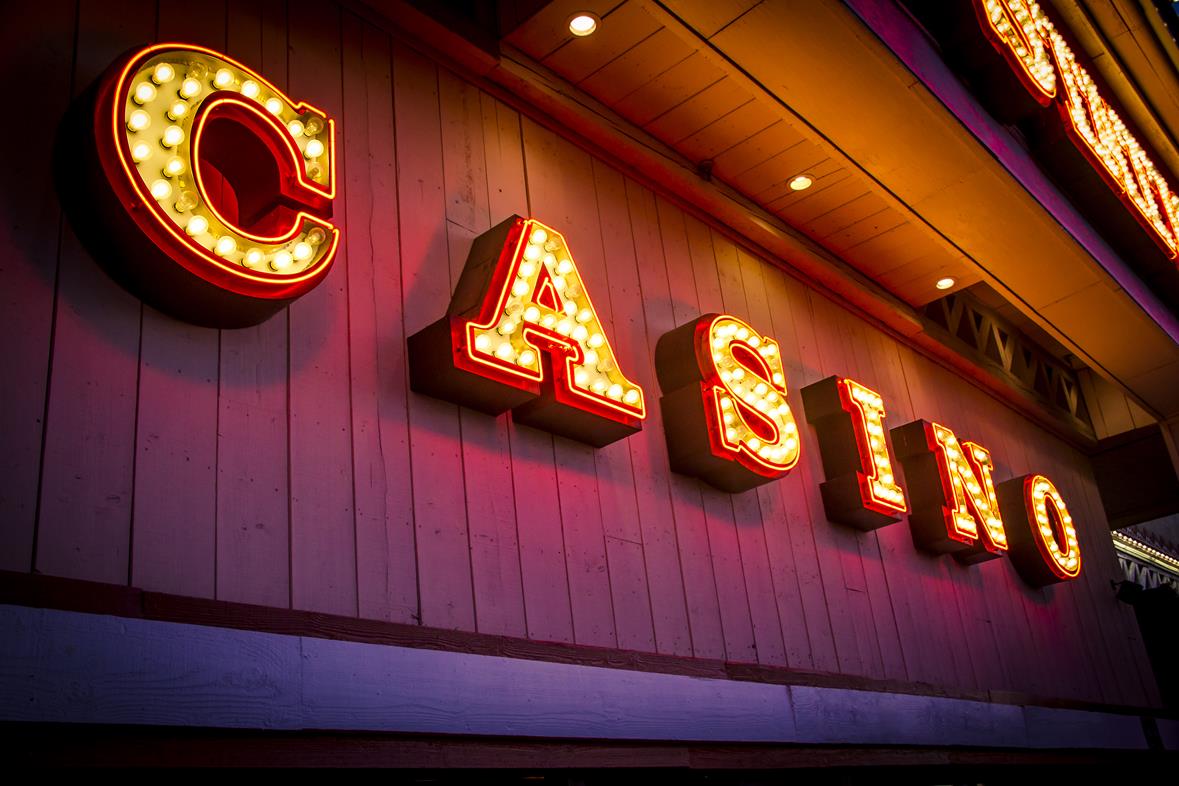
When we think of casino games, the initial pictures that frequently cross our minds are those of rotating wheel wheels, poker tokens clinking on fabric surfaces, and dice flying across a gaming surface. While numerous consider these games as simple pastimes fueled by luck, a deeper exploration reveals a fascinating blend of tactics, expertise, and social interaction that elevates them far beyond basic luck. Regardless of whether you are a experienced player or a inquisitive newcomer, understanding the nuances of these games can greatly enhance your enjoyment and appreciation.
Casino games have developed over centuries, with various cultures contributing to their rich histories and variations. From the intricate strategies of 21 to the bluffing tactics in poker, players engage in a battle of wits as much as a gamble on odds. This dynamic interplay between chance and expertise creates a exciting atmosphere that draws millions to casinos worldwide. As we explore the world of table activities, we will uncover the strategies that can shift the odds in your favor and the community aspects that make these games a favored choice for entertainment and interaction.
The Strategy Behind Table Games
Table gaming frequently combine a blend of ability and luck, which makes them intriguing for players who enjoy a test. Every title has its own set of rules and strategies that can affect the results. For example, in games like blackjack, participants are obliged to use tactics like counting cards and understanding the probabilities to make smart decisions. This skill set can greatly improve their winning potential, distinguishing seasoned players from beginners who may depend entirely on chance.
In contrast, titles such as the roulette may seem to be purely based on luck, but strategic thinking can also play into play. Participants can choose between different betting tactics, such as the Martingale strategy, where they raise the bets after a loss. This method can establish a more controlled way to the game. Grasping the probabilities of specific bets can also help participants make smarter decisions on the table, showcasing that even in titles of luck, tactics can enhance the experience.
Furthermore, the game of poker stands out as a title that strongly emphasizes strategy. In contrast to most casino games, the game of poker merges skill, psychology, and luck. Players must also focus on the cards they are given but also take into account their opponents behavior and wagering patterns. Mastering principles like position, pot odds, and interpreting bluffs is crucial for winning. This complexity of tactics in the game of poker often creates to a more engaging encounter for participants, as their choices and abilities greatly impact the match’s outcome.
Understanding Chance and Ratios
In the world of casino matches, likelihood and odds play a crucial role in deciding a gambler’s possible results. Every activity has its own collection of rules that define how the probability of succeeding or losing is measured. For example, in games like blackjack, players have a chance to influence their odds through strategy, whereas in games like roulette, the results are purely governed by chance. W88 Understanding how these probabilities are measured can significantly impact how a gambler deals with the match.
Odds are typically presented in two forms: ratio and numeric. Fractional ratios show the ratio of the amount won to the sum staked, whereas decimal odds show the total payout for a winning wager, which includes the initial bet. For instance, if a match has odds of 5 to 1, this implies that for every one unit bet, a gambler could gain five units if they win. Learning how to understand these odds enables gamblers to assess their potential winnings and formulate more wise choices during play.
Players should also be conscious of the house edge, which is the casino’s inherent advantage over the gamblers. Each match has a different house edge, and understanding this idea is important for handling one’s expectations and bankroll. Games with a reduced house edge, such as blackjack and chemin de fer, typically offer better odds for players compared to games like slots and keno. By recognizing the connection between probability, ratios, and the casino advantage, players can enhance their gaming engagement and strategize more effectively.
The Social Aspect of Casino Table Games
Table games at casinos are often seen as a center of social interaction, drawing participants together in a collective experience that extends far past the mere act of gambling. The atmosphere at a blackjack table can be electric, with gamblers engaging not only with the game itself but also with one another. Joy, cheers, and, sometimes, playful teasing create connections that enhance the overall enjoyment of the gaming experience. This communal aspect can turn a solitary endeavor into a lively gathering, making table games particularly enticing.
One of the intriguing elements of gaming at tables is the way it fosters camaraderie among participants. Whether it’s collaborating to beat the dealer at a craps table or exchanging tales between hands in a card game, the environment encourages communication. Players often share tips or tactics, creating a sense of togetherness that enhances the fun. This social dynamic can make new players feel included and less intimidated by the competitive nature of casino games. As the game continues, friendships may form, leading to a sense of connection that keeps participants coming back to the table.
Moreover, the social aspect of gaming at tables extends beyond just the participants. Casino staff play a crucial role in encouraging interaction and maintaining the flow of the game. Their ability to engage gamblers with warm dialogue and their expertise in managing the table can create an welcoming atmosphere. This relationship between players and dealers adds another layer of enjoyment, where gamblers feel bonded not only to one another but also to the staff. Such interactions are often what make the experience memorable, as participants leave with stories to tell and connections made, reinforcing the notion that gaming at tables are truly about more than just chance.
